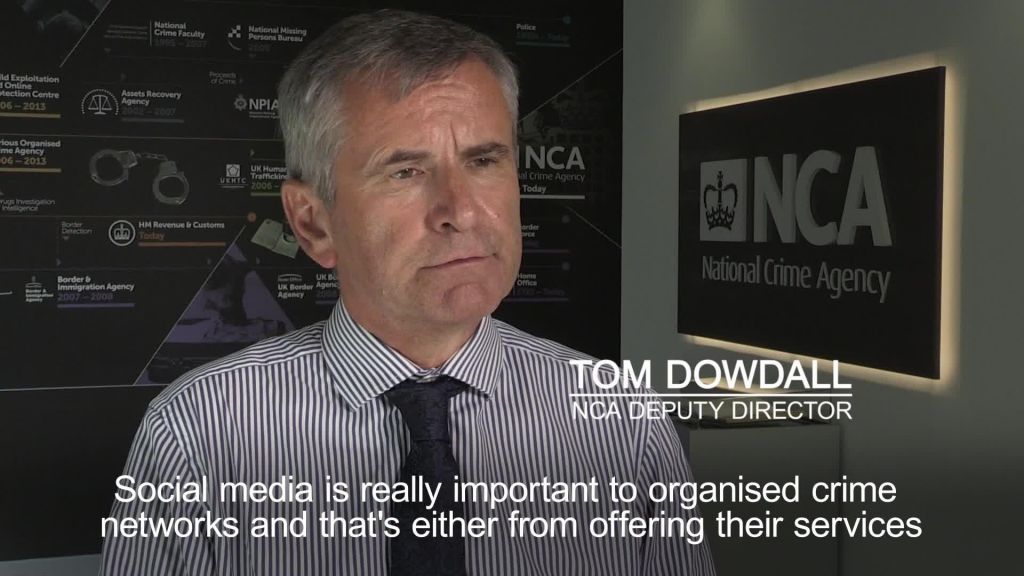
Tom Dowdall: «Criminal networks exploit immigrants»
Mr. Dowdall also stressed that modern crime does not recognize any borders and that governments must break the relationship between migrants and illegal trafficking networks in order to dismantle the latter
Spotlight
-
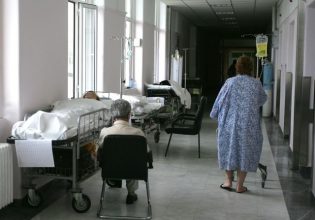
ΣΥΡΙΖΑ: Υπό κατάρρευση το ΕΣΥ – Με προοδευτική αντεπίθεση να βάλουμε φραγμό στη διάλυση της δημόσιας Υγείας
-

7 κινήσεις κατά της αϋπνίας
-

Σοκ με μητέρα 2 παιδιών: Της έκοψαν τα φρένα για να τη σκοτώσουν - Πώς κατάφερε να σταματήσει το αυτοκίνητο
-
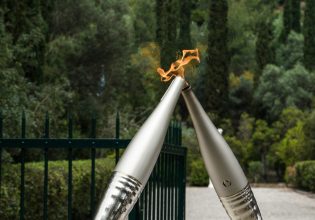
Κλειστοί δρόμοι στην Αθήνα το Σάββατο για την Ολυμπιακή Φλόγα
Britain and the European Union must continue to work closely in the security field even after Brexit to protect their citizens, says Tom Dowdall, Deputy Director of the National Crime Agency (NCA) in Britain. Mr. Dowdall was last Tuesday in Athens and met with Greek officials from the anti-organized crime agencies, while an event was held at the British ambassador’s residence, in the presence of Minister of Migration Policy Dimitris Vitsas.
Mr. Dowdall also stressed that modern crime does not recognize any borders and that governments must break the relationship between migrants and illegal trafficking networks in order to dismantle the latter.
Could you highlight to us the main areas in which there is Greek – UK cooperation concerning organized crime? Which areas are of mutual interest?
“The UK created an organised immigration crime taskforce named INVIGOR in 2015 with a mission to disrupt the organised crime networks involved in illegally smuggling migrants into Europe across the Mediterranean and Aegean sea. We recognise that the nature of organised crime is international and therefore it is essential that law enforcement must work together given that criminals do not recognise borders.
The UK taskforce is working very closely and successfully with Hellenic Police, Prosecutors and Coastguard to identify, arrest and convict organised criminals involved in smuggling migrants by sea and overland. By combining our capabilities and sharing information and intelligence over the last three years we have dismantled crime networks who have a presence in the UK, Greece and other countries, dismantled factories producing false and stolen identity cards and passports in Athens and we continue with on-going operations”.
I suppose that as a former UK representative on Frontex Management Board and in parallel with your current portfolio you are following closely the developments concerning migration. Could you give us a glance on how the smuggling networks work and why it is so difficult to take them out? Do you see a difference among smuggling networks depending on where they operate?
“The organised crime groups see themselves as providing a service. Where barriers exist, whether they are physical or legal, criminals will provide an ability to overcome these barriers by, for example, providing transportation, identity documents, safe houses or seeking to corrupt officials. They effectively create a market place for migrants who place their trust in the criminals to deliver a service.
Consequently, migrants find that trust is misplaced as they are exploited, subject to violence and placed at real risk. It is essential for Governments and law enforcement to break that trust that is placed in the criminals. The criminal networks usually work in loosely affiliated cells in partnership with each other or able to call on their resources to move irregular migrants from their home countries and through Europe, including to the UK. They rarely work in a traditional hierarchical pyramid seen in other crime threats such as drug trafficking. This makes it more difficult for law enforcement to dismantle whole networks and get to the main organisers. However, we are taking an approach to not only arrest those involved but disrupt their service network and locate and seize the financial proceeds of their crime”.
How would you evaluate Turkey’s role in countering illegal migration?
“We are dealing with international crime networks therefore it is essential for law enforcement and governments to work together. The objective of the UK taskforce is to work with partners in source and transit countries as well as the UK. We know that some organised crime groups are responsible for facilitating the movement of migrants from Turkey and we are working very closely with the Turkish authorities to locate and disrupt these criminals. We have found our relationship with Turkey to be very positive and we are aware of a significant number of crime groups being disrupted through our collaboration”.
Some say that the Western Balkans have become a nest for organized crime. Could you describe us what are the main challenges in this region?
“It is our assessment that the Balkan route into Europe is exploited by organised crime networks as a route to smuggle migrants illegally. We have been working with our international partners in Greece and Bulgaria in particular to tackle these criminals making it a more challenging environment for organised criminals to operate in and we have had successes over the last 12 to 18 months with arrests and disruptions of this criminal activity”.
In the previous context, how dangerous are the activities of the Albanian mafia concerning drug trafficking?
“Organised crime including drug trafficking is a multi-national phenomenon and is not restricted to particular groups or countries. We see groups across the world co-operating with each other which is often a measure of their success. Therefore, the NCA focusses on the organised crime groups presenting the most significant threat to the UK. Among these will be those involved in the trafficking of commodities which may include Class A Drugs, particularly heroin, crack cocaine, cocaine and synthetic opioids. Following this, drugs are often the most vulnerable part of a crime group’s operations and the best way in for law enforcement. Every organised crime group which trafficks drugs is a business which relies on cash flow.
If any business loses an expensive commodity in the middle of a transaction, that cash flow stalls on both sides. That means loss of investment in other criminal activity, inability to pay their own people, damage to trust and credibility between criminal groups, loss of face and status with their peers, making it harder for them to do business together in future and making other OCGs less inclined to do business with them. NCA combines intelligence gathering and operational activity to target those who cause the greatest harm to the UK, working with partners both in the UK and overseas”.
Concluding, I would like to ask you how important is the continuation of the current EU-UK cooperation in security and intelligence. What solution should it be pursued in the post-Brexit era as we all face major common challenges like illegal migration and terrorism?
“We value the benefits received from having access to a number of EU systems; we extensively utilise the European Arrest Warrant (EAW), Schengen Information System (SIS II), Europol, European Criminal Record Information System (ECRIS) and the European Investigation Order (EIO) in our efforts to fight cross-border crime and terrorism, protect the most vulnerable in society. The UK is seeking to protect shared tools, measures, initiatives and capabilities which we believe are of benefit to both the UK and EU partners, to tackle shared threats and most importantly, keep our citizens safe. We believe that the UK’s geographical proximity to its European neighbours, the volume of cross-border movements between us, and the close alignment in the scale and nature of threats faced, warrant the development of a new, more ambitious model of cooperation than existing third country agreements.
We all know that modern crime is international in nature, not acknowledging or recognising borders. We therefore need to be able to respond accordingly and not be prevented from continuously sharing intelligence and collaborating with global law enforcement partners, including EU Member States to counter crime and terrorism in the UK and partner countries. The UK’s response to tackling crime and protecting vulnerable people is faster, more dynamic and better informed because of our access to a range of EU measures, tools and mechanisms – they make us much more effective at protecting the public from harm. This translates to us being better able to assist our partners to achieve the same.
Crime threats continue to evolve, we must be able to continue to work closely with EU member states, so that our ability to keep all of our citizens safe is maintained, before and after the UK leaves the EU. There is risk involved in the UK not maintaining access to these EU tools: our international cooperation will be slower and less effective and our response will become more fragmented. This impacts the UK and the EU, weakening our collective ability to tackle the threat and protect our people”.
Ακολουθήστε το in.gr στο Google News και μάθετε πρώτοι όλες τις ειδήσεις


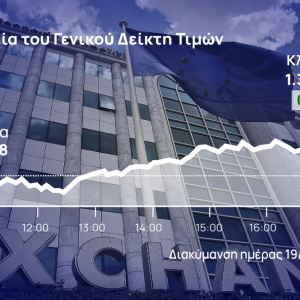




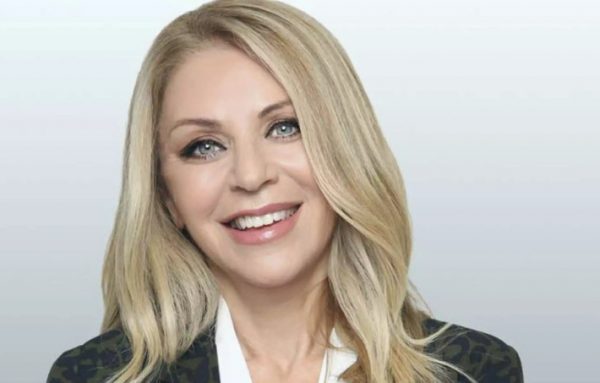
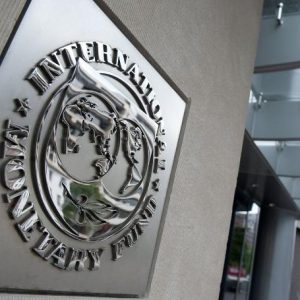

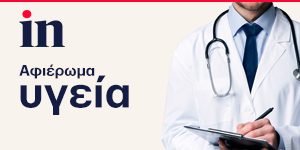

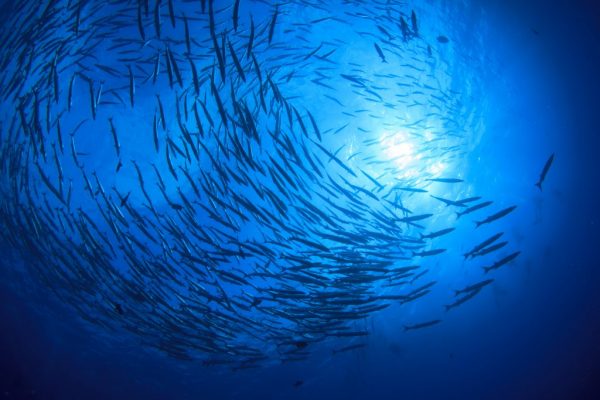



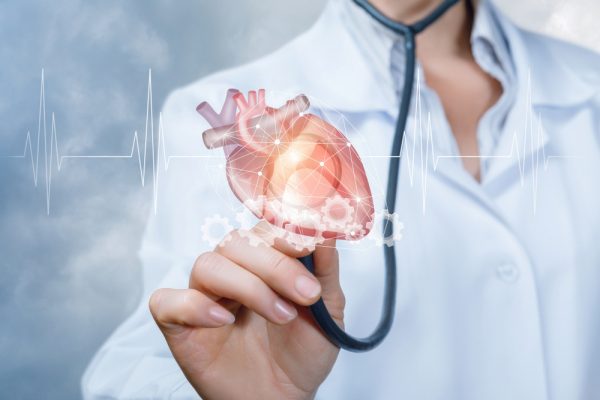
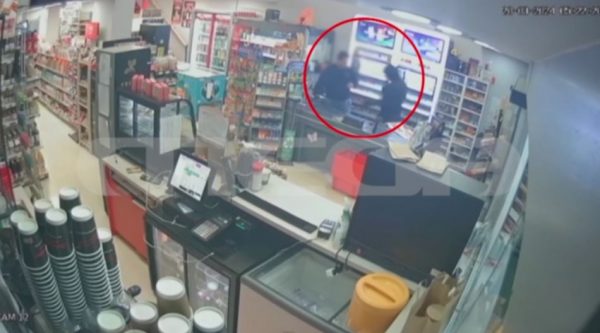





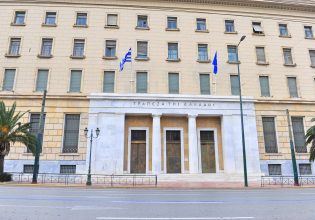
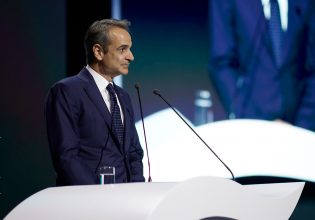
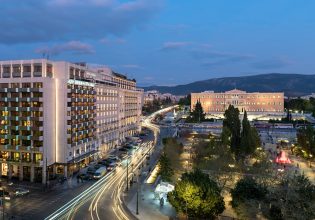

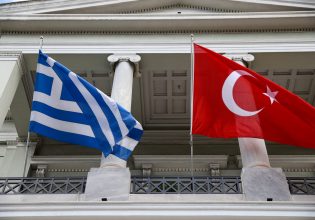


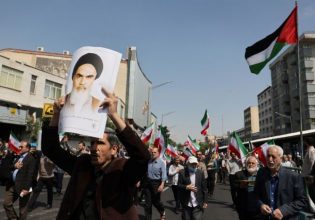

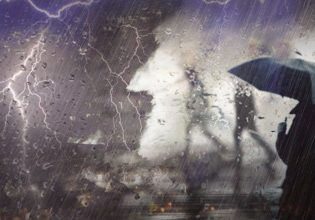
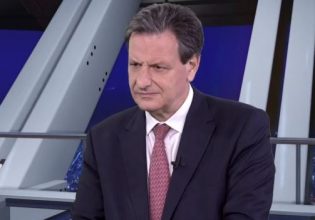


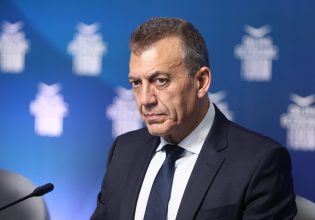

 Αριθμός Πιστοποίησης Μ.Η.Τ.232442
Αριθμός Πιστοποίησης Μ.Η.Τ.232442